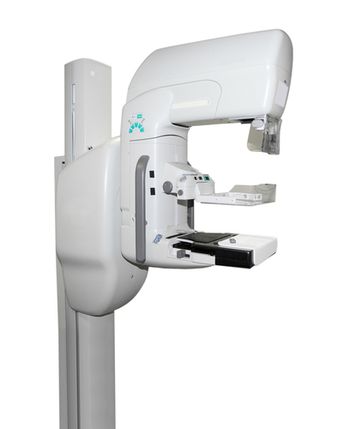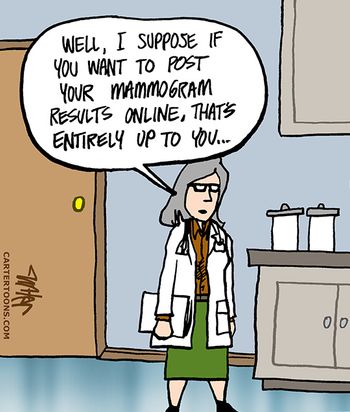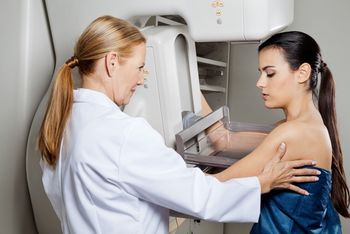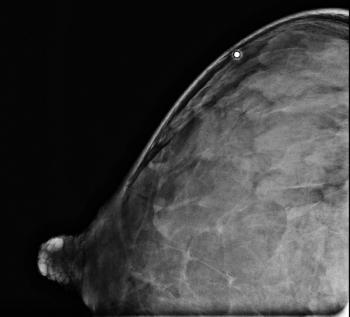
Information about New Jersey's breast density notification legislation.

Information about New Jersey's breast density notification legislation.

Information about North Carolina's breast density notification legislation.

Information about Nevada's breast density notification legislation.

Information about Minnesota's breast density notification legislation.

Information about Hawaii's breast density notification legislation.

Information about New York's breast density notification legislation.

Information about Maryland's breast density notification legislation.

Information about California's breast density notification legislation.

Information about Virginia's breast density notification legislation.

Information about Texas' breast density notification legislation.

Information about Connecticut's breast density notification legislation.

Fewer ultrasounds and biopsies were seen for women referred for breast tomosynthesis after recall for focal asymmetric density following screening mammography.

Radiation risk from mammography may be overestimated by women who may then avoid undergoing the screening examination.

Women treated with chest radiation as children have an increased risk for developing breast cancer later in life, a study says.

The next meme to go viral?

Women who receive false-positive mammography results are still likely to undergo future testing.

Arizona joins 14 other states in requiring breast density patient notification.

Radiologists are using DBT clinically and more frequently, but it still remains a limited resource.

Women who have previously undergone breast conserving therapy may find a supplemental screening option in MR imaging.

Breast emergencies are uncommon but require quick identification and management when patients present with complaints, such as mastitis and breast abscesses.

The ACR and SBI are concerned that the JAMA breast cancer screening article will result in fewer women undergoing potentially life-saving mammography.

Controversial mammography screening has its benefits and harms. Patients need individualized recommendations to confirm that it’s worth the risk.

Full-field digital mammography is associated with lower recall and biopsy rates, compared with screen film mammography.

A 30-year-old who has been breastfeeding for three months presents for evaluation of a right breast lump that is nontender and has been present for two weeks.

Direct radiography photon-counting systems detect more smaller breast cancers and DCIS, but also cause more recalls.